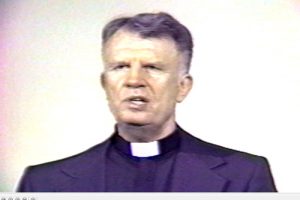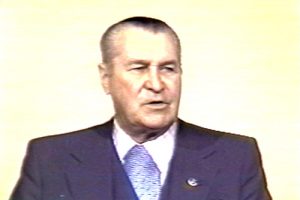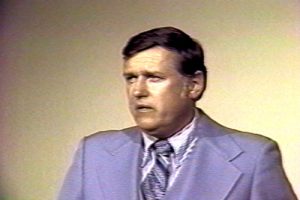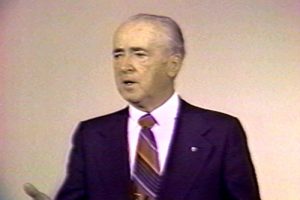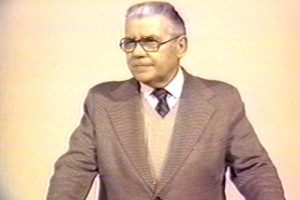313-316: Closing the Deal
Program 313: Squeezing the Sponge Dry
Highlights:
Remaining unsettled “must demands” determine whether settlement can occur at the eleventh hour.
Everything not included in the agreement is excluded.
Check the list of all remaining open issues which can serve as quid pro quo for settlement.
Raise pioneering ideas to test the other side’s reaction.
Program 314: Closing the Deal
Highlights:
Eleventh Hour Considerations:
Leave the table so that you can re-evaluate your position and gauge maximum retreats.
Return to the table and use every skill of persuasion.
Closing the deal at the eleventh hour requires special tactics.
Impose a news blackout;
Scale-down committees so they will work efficiently;
Introduce a mediator; and
Propose off-the-record trial balloons.
Program 315: Writing the Language
Highlights:
Punctuation can critically affect the meaning of language; every word let in further determines the mutual rights of the Parties.
Adjectives, adverbs and qualifying phrases modify nouns and verbs.
Guideposts:
Do not propose in the exact terms you want it drafted in.
Do not draft the final language after ratification.
Try to draft the final language just after tentative agreement.
The author of the language will have ambiguities resolved against him/her; consider the other side write the language.
Program 316: Summary Evaluations on Collective Bargaining
Highlights:
Collective Bargaining is a form of bartering, which occurs under the necessity to reach agreement.
Never show weakness.
The negotiator must be the sole spokesman.
Be prepared; work for the best, be prepared for the worst.
Don’t retain language that is meaningless.
Know what you want; know what you can give up.
Don’t be shocked by “sky-high” initial proposals.
Listen to the other side.
Think on your feet.
No matter how favorable the agreement, how it is written is critical.
| Format | Four lectures. |
|---|---|
| Length | 52 Minutes |
| Presenters | Harold Bondy, Coordinator, Teamsters Joint Council 43 |
